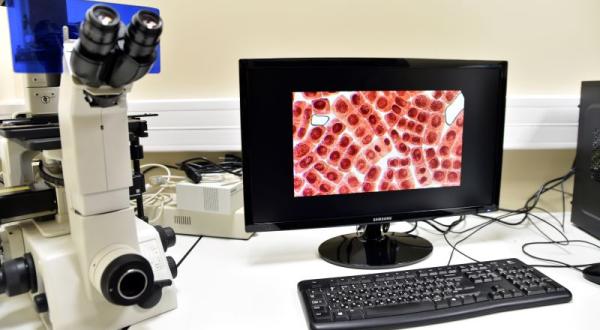Dissertation on preventing and combating money laundering
In order to prevent the consequences of the 2008-2010 economic crisis in Latvia and to restore the economic development of the country, investments were attracted to the state budget from third countries. For example, a citizen of a third country could receive a residence permit in Latvia by depositing funds in the Bank of Latvia for five years.
In 2018, European banking supervisors issued a warning to the Latvian state that in this way, criminally-obtained funds had been funnelled into the Latvian economy for almost 10 years. As a result, Latvia's financial sector needed an overhaul with increased focus on supervising the financial sector. This resulted in the opening of several thousand criminal proceedings for money laundering.
At the same time as the overhaul of Latvia's financial sector began, amendments were made to the national legislation to integrate international legal norms related to the prevention of money laundering. The Law on the Prevention of Money Laundering and Terrorism and Proliferation Financing was also amended.
However, as time passed, it was concluded that the anti-money laundering mechanism integrated into the national legal system during the “overhaul” of the financial sector was introduced too quickly and in an ill-considered manner.
This is evidenced by significant shortcomings in the application of the resolution.
In her dissertation Criminal Legal and Procedural Problems and Prospects for Improvement in Preventing and Combating Money Laundering, Liene Neimane, a doctoral student at RSU, provides insight into the concept and historical development of money laundering, its prevention and combating, and evaluates the impact of the international legal framework for the prevention of money laundering on national legislation. Additionally, she analyses the criminal and procedural problems of the existing mechanism in depth, taking into account what she has observed in her work practice.
The dissertation examines both the shortcomings of the anti-money laundering mechanism that prevent the state from effectively preventing and combating money laundering, and the significant shortcomings that cause a disproportionate violation of individual rights in the anti-money laundering process.
At the same time, by identifying the criminal law and procedural problems of the anti-money laundering mechanism, Neimane offers possible solutions that would make the existing mechanism more effective, ensuring a balance between the legal interests of the state and the individual.
Liene Neimane will defend her doctoral thesis Criminal Legal and Procedural Problems and Prospects for Improvement in Preventing and Combating Money Laundering on 15 August 2023.
Read more




